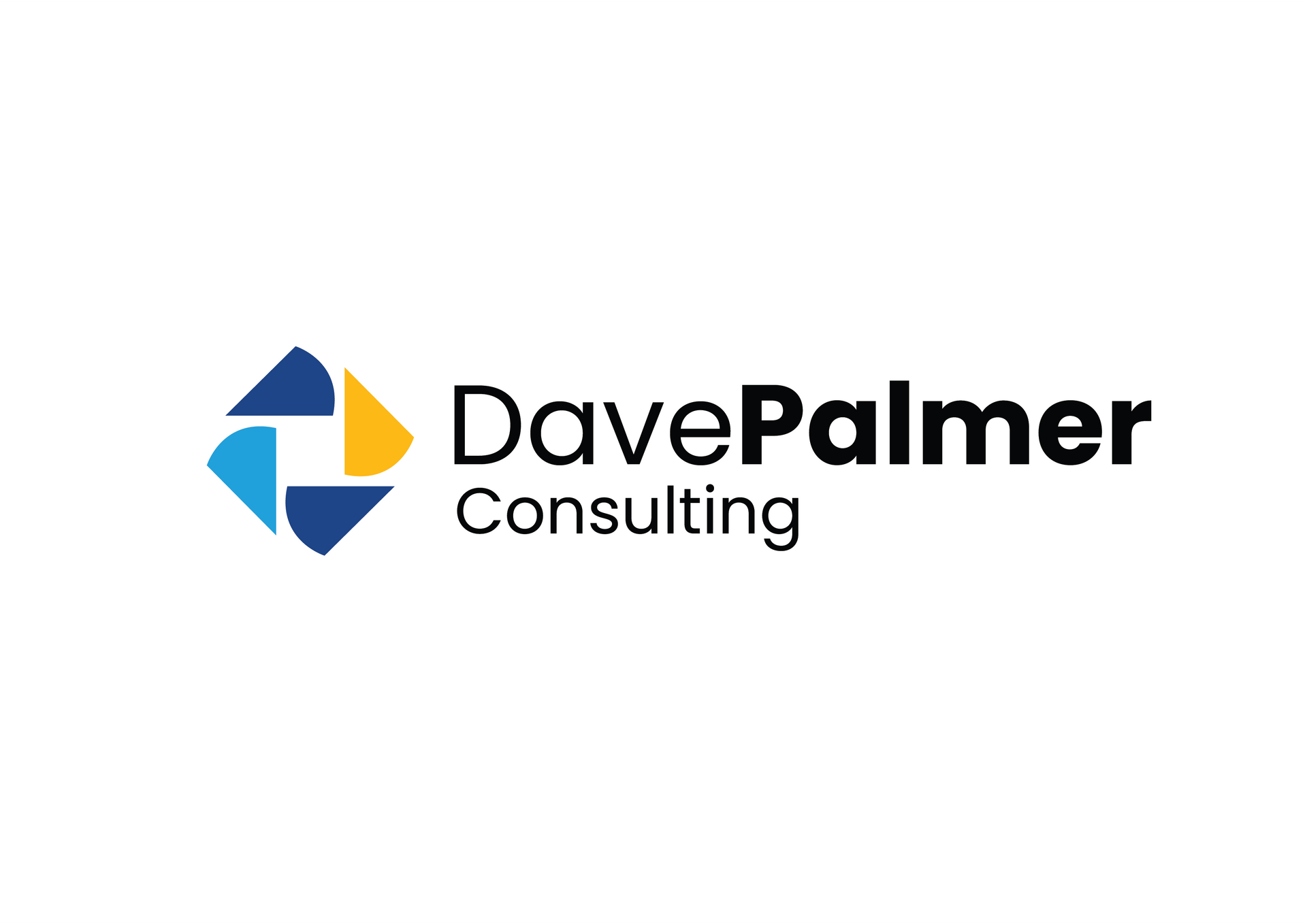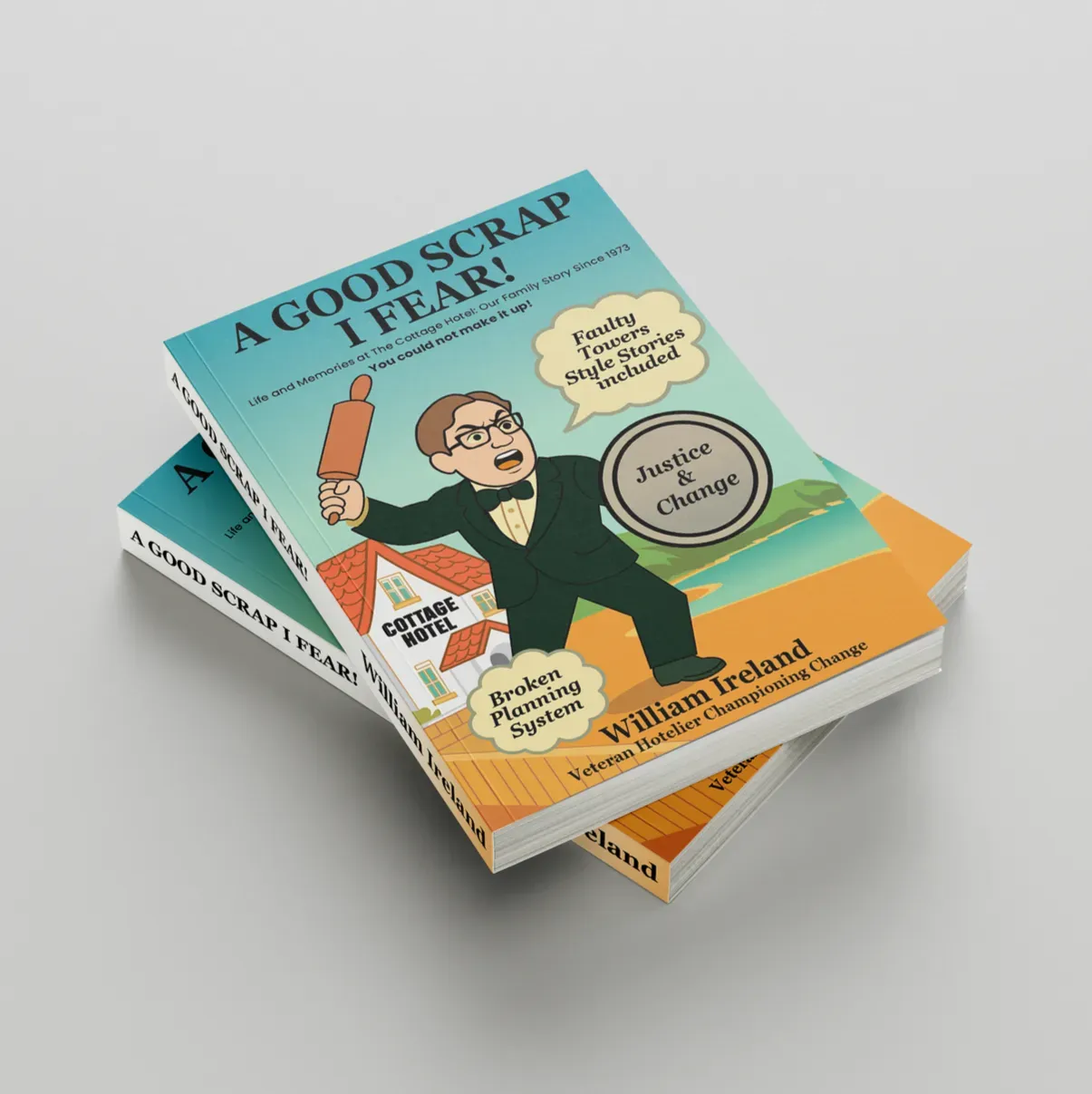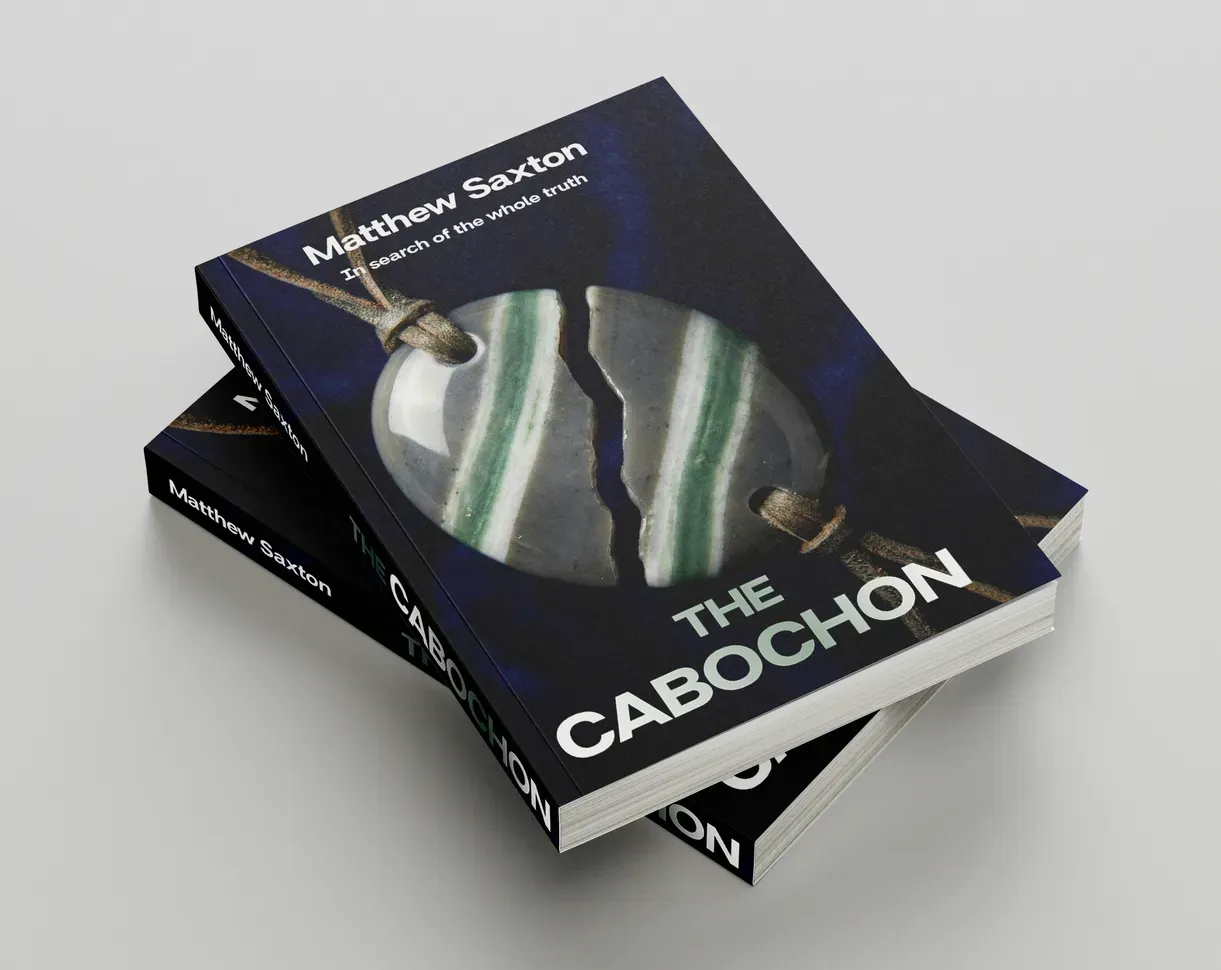Behind the Glossy Brochures: Inside the Scam Publisher Playbook
If you’ve ever looked into publishing your book online, you’ve probably seen them — the
polished websites, the slick brochures, the smiling “author success stories” splashed across a
company’s homepage. On the surface, these publishers look like the answer to your dreams.
But here’s the truth: in many cases, that gloss is nothing more than a sales tool, carefully
designed to lure authors in before delivering far less than promised.
I know, because I’ve been behind those glossy promises — not as the one making them, but as
the one who believed them.
Step One: The Illusion of Professionalism
When I was preparing to publish my first book, I came across a hybrid publisher whose
materials oozed professionalism. Their brochures were beautifully designed. Their website was
full of phrases like “global reach”, “bestseller potential”, and “tailored marketing strategies”.
It was convincing. In fact, it was meant to be convincing.
What I didn’t realise then — but see all too clearly now — is that creating this aura of legitimacy
is step one in the scam publisher’s playbook. They know new authors are nervous and want to
feel safe. So, they look and sound like a big, established player in the industry, even if the reality
is just a handful of salespeople working from a small office.
Step Two: The Emotional Hook
Once you make contact, the focus shifts to you and your book. Scam publishers will shower you
with praise. They’ll tell you your manuscript is “exactly what the market is looking for” or that you
have “a real bestseller on your hands”.
This isn’t about honest feedback — it’s about getting you emotionally invested. Once you’re
convinced they believe in you, you’re far more likely to hand over your money without question.
In my case, I was told my book had “huge commercial potential” and that the only thing standing
between me and success was their “expert publishing package”. It sounded exciting. It was also
carefully rehearsed sales language.
Step Three: The Big Sell
Next comes the offer. Scam publishers often present it as a special opportunity, sometimes with
an expiry date to create pressure. The packages are loaded with impressive-sounding services
— editing, cover design, marketing, distribution — but very few specifics.
They might talk about “media outreach” but not name the outlets. They’ll mention “bookstore
placement” but gloss over the fact that this usually means making your book available to order,
not physically placing it on shelves.
When I asked for details, I got plenty of enthusiastic assurances but very little concrete
information. That should have been my warning sign.
Step Four: Delivery (or Lack of It)
Once you’ve paid, the real face of the operation appears. The editing may be rushed and
surface-level. The cover design might be generic. Marketing efforts could be minimal — a
couple of social posts and a press release, if that.
And because these companies know their contracts inside out, they’ve worded them to protect
themselves, not you. Even if you’re unhappy with the work, your chances of getting a refund are
slim to none.
That’s exactly what happened to me. By the time I realised how far short of the promises they’d
fallen, the money was gone, and my book’s release had been mishandled.
The Common Tricks to Watch For
From my own experience and the stories, I’ve heard from countless other authors, scam
publishers often use the same tactics:
● Polished branding to look more legitimate than they are.
● Over-the-top praise to hook you emotionally.
● Vague service descriptions to hide how little they actually deliver.
● False urgency to push you into signing quickly.
● Carefully worded contracts that keep your money, no matter what happens.
Pulling Back the Curtain
Legitimate publishers don’t need to hide behind buzzwords or avoid specifics. They’ll tell you
exactly what you’re getting, how it works, who will be doing the work, and what results you can
realistically expect.
At Dave Palmer Consulting, I make sure authors have that clarity from day one. If I say I’ll
deliver something, you’ll know exactly what it is, when it’s happening, and how much it costs.
There’s no gloss, no empty promises — just real, professional publishing support from someone
who’s been where you are now.
Final Thoughts
The glossy brochures, slick websites, and friendly phone calls are all part of the performance.
They’re designed to make you feel safe enough to sign without asking the hard questions.
Don’t let the shine blind you. Look past the marketing, ask for specifics, and remember — in
publishing, as in life, if it sounds too good to be true, it probably is.
If you want to publish without the smoke and mirrors, I can help you build a transparent,
professional path to seeing your book in print — one where you know exactly what’s behind the
curtain.
















